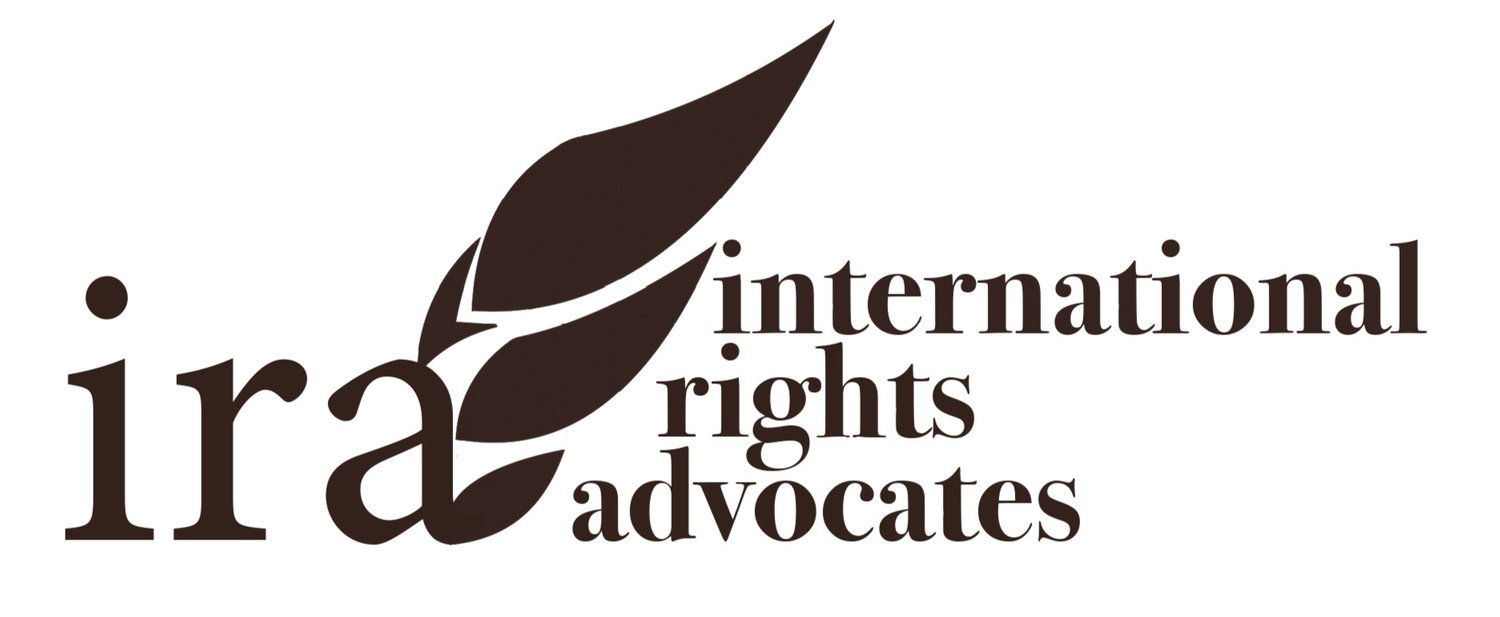Post-Kiobel ATS Cases: Does the proverbial ATS door now have a screen?
Written by Gillian Stoddard Leatherberry, Boston University School of Law JD Candidate, 2015
In the wake of the Supreme Court’s April 2013 decision in Kiobel v. Royal Dutch Petroleum (Kiobel), scholars and practitioners wondered what the somewhat impenetrable decision would mean for pending ATS cases, and I sought to summarize what some legal experts thought about the effect of Kiobel. So how have the lower courts been interpreting Kiobel? While some lower court cases were dismissed, the ambiguity in Kiobel is enough to make a screen door of the proverbial ATS door: ATS plaintiffs now have a better view of what facts will survive Kiobel and which cases may be able to unlock the door.
To review, here’s what we know from Kiobel: the presumption against extraterritoriality applies to ATS claims, meaning US courts do not have jurisdiction to hear claims unless they “touch and concern the territory of the United States . . . with sufficient force.” Also, “mere corporate presence” is not enough to rebut the presumption. The Court gave no examples of what any of these terms might mean practically.
Some ambivalence, but an early assurance of the extraterritorial bar, marked the first post-Kiobel ATS cases with little exception.[1] In Murillo v. Bain, surviving family members of a Honduran man who allegedly was shot by the Honduran army during a political rally sued Honduran President Roberto Micheletti Bain.[2] In Muntslag v. D’Ieteren, S.A., a Dutch citizen brought claims against a Belgian Volkswagon distributor for intentional infliction of emotional distress and pain and suffering. Courts dismissed both cases, reasoning that the conduct at issue occurred outside of the US. Another case seeking damages for harm caused during the South African Apartheid was dismissed based on Kiobel[3] and notably commented, “While the full extent of the impact that the Kiobel decision will have on future ATS claims remains unclear, the majority in Kiobel . . . clearly sought to restrain, to a significant degree, the ability of individuals to bring ATS claims for tortious conduct occurring entirely outside of the United States.”
Mwani v. Laden was the first case to fully address, but survive, Kiobel. The Mwani plaintiffs are Kenyan survivors and families of victims of the 1998 US embassy bombing in Nairobi. Judge Facciola in the DC District Court found the case “touch[ed] and concern[ed] the United States with sufficient force [so] that it falls within the narrow category of cases for which the presumption against extraterritorial application of the ATS is displaced.” Judge Facciola reasoned that even if the tortious act occurred outside the US, some cases “could so obviously touch and concern the territory of the United States that the presumption against extraterritorial application of the ATS is displaced” and if any set of facts survive Kiobel, the Mwani facts do so because the terrorist attack was partially planned in the US and was directed at a US embassy and US employees. Judge Facciola also invoked the national interest language present in Breyer’s dissent in Kiobel, saying that “an attack on the United States Embassy in Nairobi is tied much more closely to our national interests than a case whose only tie to our nation is a corporate presence here.”[4]
After Mwani, the lower courts continued to interpret Kiobel as a closed door for cases implicating activity occurring abroad. This included Al-Shamari v. CACI Int’l, Inc., which was brought by former Abu Grabe prisoners and their families for torture and other abuse by US military contractor CACI, PT.[5] Because the abuse took place in Iraq during US occupation and in a prison run by US military contractors, many plaintiffs’ lawyers thought that if any case would survive Kiobel, Al-Shamari would. Plaintiffs argued the prison in Iraq was US territory, but Judge Lee in the District Court of the Eastern District of Virginia disagreed, saying that because other countries’ forces were also present in Iraq, the US did not have sole jurisdiction over the land and unlike the Guantanamo Bay facility, the US did not have a “lease” to use the land, so there was no US jurisdiction. Instead, the Court ruled simply that “because Plaintiffs complain of injuries sustained on foreign soil, the Court cannot apply the ATS extraterritorially to extend jurisdiction over Plaintiffs' claims. Kiobel precludes such a result.”
Most recently, IRAdvocates’ case Balcero v. Drummond Co., Inc. was dismissed on a summary judgment motion in the Northern District of Alabama. Balcero alleges that Drummond, a US company, made decisions from the US to fund Colombia’s AUC, a paramilitary force closely allied with the Colombian government, knowing that human rights violations including murder and torture would result. The complaint alleges that this paramilitary terrorized the local population and murdered civilians while ‘providing protection’ for Drummond’s mining operations. In the decision, Judge Proctor called Kiobel a “seismic shift” in ATS litigation and said that the ATS door was closed, but that it could be re-opened, although he commented that “Kiobel has not given courts a road map” for determining when cases sufficiently touch and concern the US. IRAdvocates is set to appeal Judge Proctor’s decision.
According to Mohammadi v. Republic of Iran, “the Supreme Court appears to have set a very high bar for plaintiffs asserting jurisdiction under the ATS for claims arising out of conduct occurring entirely abroad.” Mohammadi appears to be partially correct as many cases were dismissed due to the application of the presumption against extraterritoriality.[6] However, I would argue that all ATS suits against US-based corporations unquestionably touch and concern the US with sufficient force to survive Kiobel. The touch and concern language in Kiobel is not superfluous; therefore, the presumption cannot apply to every case. Further, Judge Proctor’s application of the presumption – even when decisions to commit torts were made in the US – contradicts Mwani, which held that the presumption didn’t apply in part because the embassy attack was planned in the US. Similarly, corporate presence that is more than “mere” must apply to some corporations. Companies with headquarters in the US cannot have any more of a presence in the US. Stepping back from the Kiobel morass, it is unacceptable that any person or entity should escape accountability for human rights violations and unfathomable, to me anyway, that anyone would argue otherwise. Corporations are not people, but are made up of people who can take responsibility for their actions and be held accountable; decisions by individuals in positions of power have monumental human effects. Policy around multinational corporations, including and especially ATS policy where serious crimes are alleged, should recognize this reality.
[1] Interestingly, one case, Brojer v. George, regarding a live-in domestic worker who had ATS claims for human trafficking and slavery, was not dismissed because defendants did not bring up Kiobel in their motion to dismiss.
[2] The case was also dismissed for failure to state a claim and improper service.
[3] Ahmed-Al-Khalifa v. Queen Elizabeth II. This case was also dismissed due to expired statutes of limitation and improper standing.
[4] Judge Facciola immediately certified the decision to the DC Circuit Court of Appeals.
[5] The plaintiffs were eventually released from prison without being charged with any crime.
[6] Aside from those otherwise mentioned, these cases include Fotso v. Republic of Cameroon regarding alleged torture, breach of contract, and false imprisonment claims, Ahmed-Al-Khalifa v. Salvation Army regarding alleged ineffective assistance of counsel, Ezekiel v. B.S.S. Steel Rolling Mills regarding alleged unlawful arrest by Nigerian police due to a bribe from defendant, and Ahmed-Al-Khalifa v. Obama regarding alleged unlawful detention at Guantanamo Bay (among other claims). Also, after the Supreme Court remanded the case to the Ninth Circuit to consider Kiobel, Sarei v. Rio Tinto, PLC was dismissed with prejudice and no explanation.

